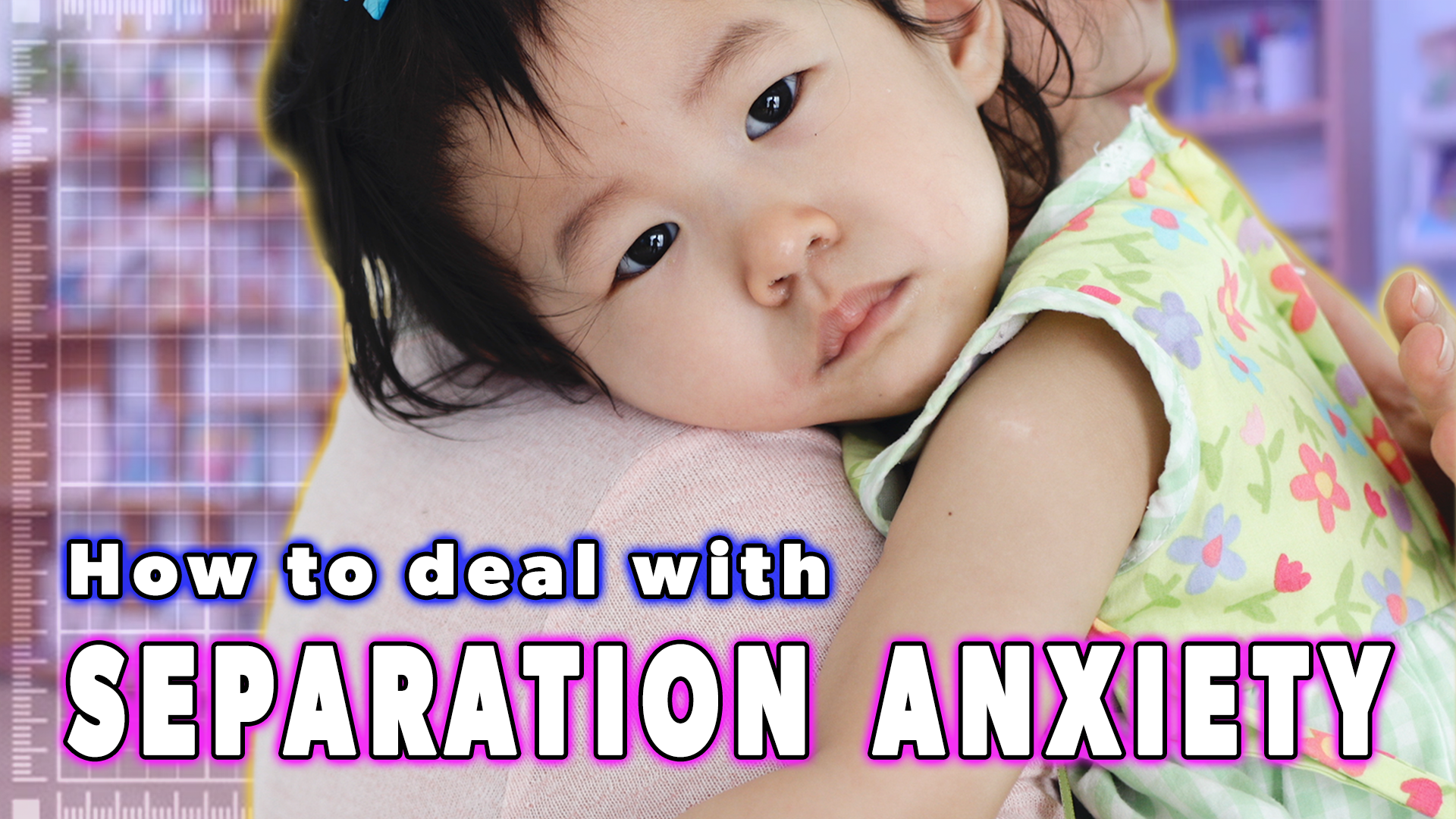What are Allergies?
Food allergies, drug allergies, seasonal allergies: Discover the science behind why they form and if there’s any truth to the idea that playing in the mud works as an allergen preventative.
If your child suffers from allergies, you’re probably itching for some answers as to why. In this episode of Parentalogic, hosts Alok Patel and Bethany Van Delft explore how a possible evolutionary glitch in the immune system—responsible for protecting you and your little ones from harmful invaders—may have caused itchy, irritating, nauseating allergic reactions. And, Alok and Bethany explore a potential hypothesis that could prevent allergies from forming in the first place.
An allergic reaction happens when the body perceives a harmless substance as a dangerous invader. The body then produces proteins—or antibodies—called IGE (immunoglobulin E). IGE “sees” a foreign invader and alerts other cells, which release chemicals that cause those allergy symptoms you or your child know and hate.
Scientists are still trying to understand the basis for allergens. Why do some people have a really bad response to food or other allergens while other people don’t? Sure, allergies all stem from IGE, which our ancestors evolved to protect against actual everyday invaders—worms, parasites, and environmental threats included. In our modern world, IGE has become a mechanism that can sometimes take a harmless invader (hello, peanut butter and Fido) and give us an expulsion response. That’s why allergies come with sneezing, hives, vomiting, or other reactions meant to eject a perceived threat from you or your little one’s body.
How legitimate is the hygiene hypothesis? Can keeping your home too clean make your child more likely to develop allergies? Should your child get their hands literally dirty (and covered in earthworms)? And is the 5-second rule meant to be broken?
Subscribe to the YouTube channel and receive alerts when new episodes launch!

